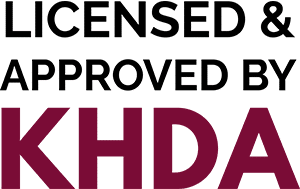
Attention deficit hyperactivity disorder (ADHD) is a neurodevelopmental disorder that affects children and adults worldwide. ADHD is characterized by inattention, hyperactivity, and impulsivity, which can lead to difficulties in academic, social, and occupational settings. In 2023, ADHD continues to be a significant challenge for many teenagers and adults, but there are ways to manage the symptoms and improve their quality of life.
ADHD Symptoms
ADHD symptoms can be categorized into three main types: inattention, hyperactivity, and impulsivity. These symptoms can vary from person to person, but common signs of ADHD include:
– Difficulty paying attention or staying focused
– Forgetfulness or disorganization
– Restlessness or fidgeting
– Talking excessively or interrupting others
– Impulsivity, such as acting without thinking
ADHD symptoms can have a significant impact on daily life, affecting school, work, relationships, and self-esteem. It’s essential to recognize and address these symptoms to minimize their impact.
ADHD Diagnosis
Diagnosing ADHD can be challenging, as symptoms can be mistaken for other conditions or simply dismissed as personality traits. However, with proper evaluation and testing, ADHD can be diagnosed and treated effectively.
Diagnosis of ADHD typically involves a comprehensive assessment by a healthcare professional, including a medical exam, interviews with the patient and their family, and rating scales to assess symptoms. It’s crucial to rule out other medical or psychological conditions before diagnosing ADHD.
ADHD Treatment
There is no cure for ADHD, but effective treatments are available to manage symptoms and improve functioning. The most common treatments for ADHD include medication, behavioral therapy, or a combination of the two.
Medications such as stimulants or non-stimulants can help regulate brain chemicals and improve focus and attention. Behavioral therapy, such as cognitive-behavioral therapy (CBT) or parent training, can help individuals with ADHD learn skills and strategies to manage their symptoms.
It’s important to work with a healthcare professional to find the most effective treatment plan for each individual. A combination of medication and therapy may be the most effective approach for some.
ADHD Challenges in Teenagers and Adults
While ADHD is commonly associated with children, many teenagers and adults continue to struggle with the disorder. In 2023, there are unique challenges that teenagers and adults face in regards to ADHD. Some of these challenges include:
– Struggling with academic or work demands
– Difficulty maintaining relationships or making friends
– Increased risk of substance abuse or other risky behaviors
– Negative self-esteem or feelings of inadequacy
Teenagers and adults with ADHD may face additional challenges as they navigate social, academic, and occupational demands. However, there are ways to manage these challenges and improve quality of life.
Managing ADHD Symptoms in Teenagers and Adults
If you or someone you know is struggling with ADHD, there are several strategies that can help manage symptoms and improve functioning:
– Establish a routine: Having a set schedule for daily activities can help reduce impulsivity and increase focus.
– Break tasks into smaller steps: Overwhelming tasks can be more manageable when broken down into smaller steps.
– Avoid distractions: Minimize distractions in the environment, such as turning off electronics or finding a quiet workspace.
– Practice mindfulness: Mindfulness exercises, such as deep breathing or meditation, can help reduce stress and increase focus.
– Seek support: Joining a support group or working with a therapist can provide additional support and strategies for managing ADHD symptoms.
In conclusion, while ADHD can be challenging, it is important to remember that it does not define a person. With the right diagnosis, treatment, and support, individuals with ADHD can lead successful and fulfilling lives. However, it is crucial to continue to raise awareness and promote understanding of this condition in order to remove the stigma and provide adequate resources for those who need it. By doing so, we can ensure that people with ADHD can thrive in their personal and professional lives and contribute to society in meaningful ways.






